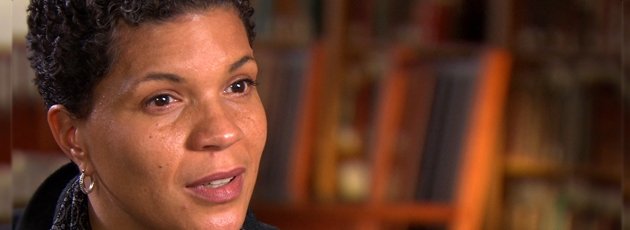- Home
- News & Blogs
- About Us
- What We Do
- Our Communities
- Info Centre
- Press
- Contact
- Archive 2019
- 2015 Elections: 11 new BME MP’s make history
- 70th Anniversary of the Partition of India
- Black Church Manifesto Questionnaire
- Brett Bailey: Exhibit B
- Briefing Paper: Ethnic Minorities in Politics and Public Life
- Civil Rights Leader Ratna Lachman dies
- ELLE Magazine: Young, Gifted, and Black
- External Jobs
- FeaturedVideo
- FeaturedVideo
- FeaturedVideo
- Gary Younge Book Sale
- George Osborne's budget increases racial disadvantage
- Goldsmiths Students' Union External Trustee
- International Commissioners condemn the appalling murder of Tyre Nichols
- Iqbal Wahhab OBE empowers Togo prisoners
- Job Vacancy: Head of Campaigns and Communications
- Media and Public Relations Officer for Jean Lambert MEP (full-time)
- Number 10 statement - race disparity unit
- Pathway to Success 2022
- Please donate £10 or more
- Rashan Charles had no Illegal Drugs
- Serena Williams: Black women should demand equal pay
- Thank you for your donation
- The Colour of Power 2021
- The Power of Poetry
- The UK election voter registration countdown begins now
- Volunteering roles at Community Alliance Lewisham (CAL)
Michelle Alexander: Race central to drugs policy reform
I’ve just returned from an international conference on drugs policy reform in Atlanta, Georgia USA. The keynote speaker addressing the 1500 strong attendees was Michelle Alexander, author of the best-selling book, 'The New Jim Crow'. In it she outlines how the US systematically targets and incarcerates Black America through the prism of ‘drugs policy’.
During her 30 minute talk , Alexander informed her audience, which included academics, activist, lawyers, former prisoners and lawmakers that unless those who are seeking to reform punitive drugs policies put tackling race inequality centre stage then the only change to drugs policy will be to positively affect the lives of white people.
Alexander pointed to the two recent drugs epidemics that have troubled America. The first has been crack-cocaine, which as she points out in her book, was dumped in huge quantities on poor Black areas by the US Government itself, so they could then conveniently declare, a literal ‘War in Drugs’. The billion-dollar militerisation of the local and regional law enforcement was able to test their new fire power on Black communities.
The buying, selling and dumping of drugs in Black areas also helped the state to illegally finance the US Contra war in Nicaragua. Alexander pointed out that epidemic few people died of crack cocaine overdoses, yet mass incarceration of Black people went through the roof. In contrast, today’s epidemic, which is centred around opioids is killing Americans, -predominantly white, at a mind-boggling rate – 62, 000 deaths last year were recorded for opiate related drugs including Vicodin and Fentanyl. Yet the response from the State has been quite different.
The 'Black drug problem' has been, and continues to be met with shaming, dehumanizing, confronted with guns, and mass encarcerations, whilst in sharp contrast the 'white drug opiod problem' has been met with politicians and law enforcement officers calling for compassion, sympathy, and medical help. Imagine, Alexander suggests if the problem of opioids were a Black rather than a white problem ?
The drugs policy reform gains, primarily the legalization of marijuana in places such as California and Colorado, significant as they are, have seen through the prism of white people taking drugs rather than Black people.
Alexander’s central message to the audience was, if they really want to make profound progress on drugs policy reform then action has to be seen through the lens of race equality.
Here in the UK, the drug policy reform debate has been going through similar challenges; it is Black people who are most negatively affected by police and criminal justice policy on drugs. Police target a Black area for low-level drug dealing and using, thereby announcing a ‘drugs hotspot’, whilst totally ignoring the smart predominantly white areas of London that also have significant levels of drug dealing and using. David Lammy in his race review into the criminal justice system highlighted that Black men and women were given harsher sentences for the same drugs crimes, as well as being 10 times more likely to be targeted for drugs offenses.
To a predominantly white audience, Michelle Alexander praised the drugs policy reforms that have occurred in the US and in many other countries, but she put down the gauntlet, arguing if the movement does not prioritize race, the gains made will be hollow.
Watch Michelle Alexander's Full speech which starts from 56 min to 127 min
https://www.facebook.com/drugpolicy/videos/10156122600704245/
Simon Woolley
